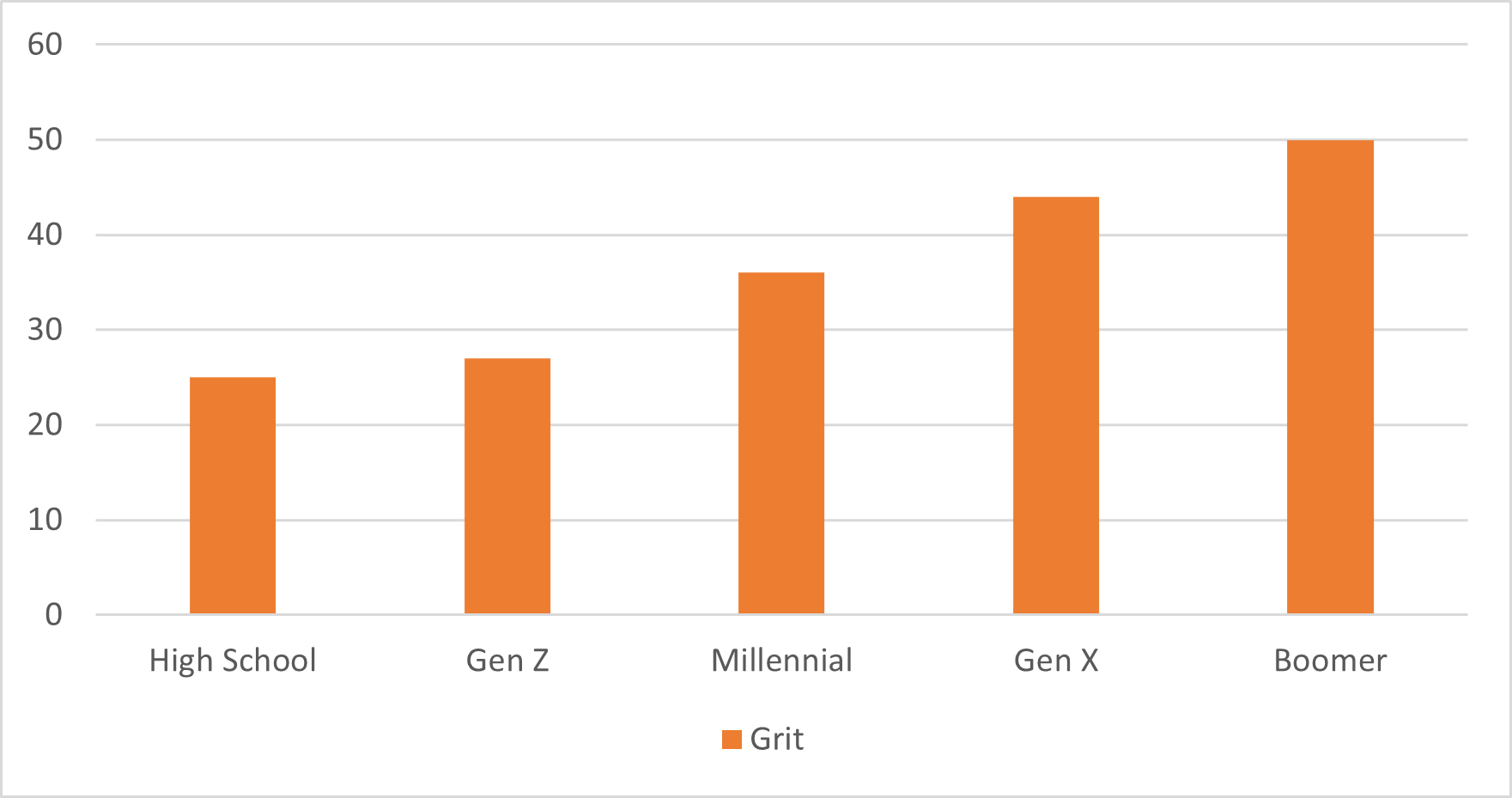
Career planning is extremely important if you want to find yourself in a fulfilling and rewarding career later on. Whether you’re a young Gen Z adult just getting started in the workforce or you’re a millennial who finds yourself unhappy with the career you’ve built, setting out a plan and following it makes all the difference.
Today, we’re going to go over the top 3 career planning steps, and then we’ll go over some career planning tips to make your journey go smoothly.
Let’s get started!
Career Planning Steps
First, let’s go over the steps you need to take to successfully plan a career. These steps will work whether you’re just getting into the workforce or have been in it for a while.
1: Determine the Career You Need
First and foremost, you have to know what you’re going for. If you don’t have a solid idea of what you want to do, you can end up following this process over and over because you keep picking the wrong career path.
So, spend plenty of time and energy on this part of the process.
We have a quick way for you to narrow down your search, and we’ll get to that at the end. In general, you want to look at possible career paths that match your interests, personality traits, and skills.
That will make sure you enjoy the job for a long time to come, and you’ll perform well at it.
2: Plan How You’re Going to Meet the Qualifications and Sustain Yourself
When you’re trying to start a career, you’ll likely need to earn some qualifications first. Most jobs that people consider careers are fairly skilled positions. Those qualifications might be degrees, certifications, apprenticeships, or anything like that. You might even need time as an intern.

That needs to be worked into your career plan in as much detail as possible.
Once you figure out what career you want, learn about the requirements. Take note of everything you will have to have to be considered for a position in that field, and then start planning how you’re going to meet those requirements.
If you need a degree, how are you going to go to college? If you need an apprenticeship, what kinds of equipment do you need, and how do you go through the application process?
Figure those things out, schedule each move you’re going to make, and start trying to meet the qualifications as fast as possible.
Sustaining yourself also needs to be part of your plan. You can know what the perfect career for you is and have access to the education necessary to target that career, but that doesn’t matter if you starve or go homeless while pursuing it.
Always consider your basic needs and have a plan to sustain yourself throughout this process.
3: Plan Your End Destination
From the start, you want to have a good idea of where you want to end up. Not just the field or position that you want to be in but the company, as well.
When you execute your plan and finally start job hunting, you’ll have an easier time if you’ve tailored your journey to prepare for something highly specific. You should add backup options to your plan in case you can’t land that specific job, but focusing on your approach will help.
Career Planning Tips
The three steps we covered are the baseline for career planning or career change. However, there are more specific things you can do for each step.
1: Stay in Your Industry
If you like your industry but don’t like your specific career, don’t leave the industry entirely. Your experience in the industry can help you bypass qualification requirements, and your existing relationships can help you get a job faster.
Of course, that’s not always possible because you just aren’t happy with the industry as a whole. In that case, the long route might be necessary.
2: Leverage Online Courses
If you find out your desired career is going to require a bit of education, take advantage of the internet. Going to a brick-and-mortar college is going to force you to adhere to a strict schedule, and it’s harder to sustain yourself and do that.

Online courses and similar options can give you the flexibility you need to sustain yourself and work toward a major career change faster and easier.
3: Know Your Wants and Needs
A lot of careers sound great, but then you learn that very few people make considerable money off them. Take music, for example. You want to be a rockstar. Well, out of all the people who want to do that, maybe a few percent actually achieve it. You need a steady income.
So, combine that desire with something that meets your needs, such as a sound technician for the video game industry.
Write out a list of what you want and what you need, and then try to find careers that will combine those two things as seamlessly as possible.
4: Don’t Rush
Rushing is a great way to make mistakes, and when you’re talking about your career, even small mistakes can cost you years of your life. Imagine going to college for 4 years to be a web designer, but you don’t like it.
So, you decide to be a paramedic. That’s 4 years wasted, and you’re closer to the age where you can’t afford to keep starting over.
5: Use Innate Career Planning Tools
If you are looking to change your career and need direction on how to move forward, take our career change quiz. But if you just need more information about what types of careers you are best wired for, take our career match quiz. Our quiz takes your personality traits, interests, and skills and then matches you with careers that will suit you perfectly.
It only takes a couple of minutes, and the quiz has proven to get people just like you into their dream positions.
This quiz can help you shorten the amount of research and brainstorming you need to do, and you can focus on things such as becoming qualified and applying for your first position in a whole new career.
What are you waiting for? Let us help you find the perfect career for you today.


